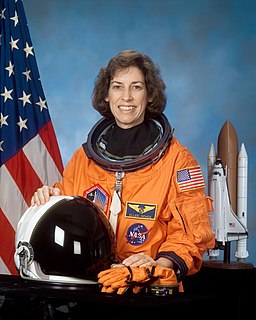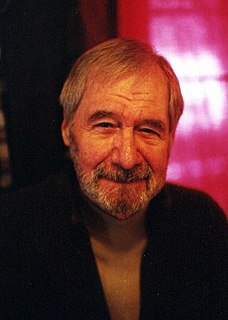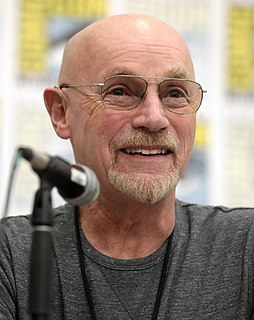A Quote by Eileen Pollack
When I was in 7th grade, we were all given an exam. It was science and math, and the boys who did well were skipped ahead so that when they got to be juniors or seniors in high school they would be able to go to the local community college and take calculus and physics there. And I wasn't skipped ahead.
Related Quotes
My parents were educated in the Turkish system and went straight from high school to medical school; my mom, who had skipped a grade, was dissecting corpses at age seventeen. Growing up in America, I think I envied my parents' education. By comparison, everything I did in school seemed so sort of low-stakes and infantilizing.
I studied physics at Princeton when I was a college student, and my initial intention was to major in it but to also be a writer. What I discovered, because it was a very high-powered physics program with its own fusion reactor, was that to keep up with my fellow students in that program I would need to dedicate myself to math and physics all the time and let writing go. And I couldn't let writing go, so I let physics go and became a science fan and a storyteller.
The most important steps that I followed were studying math and science in school. I was always interested in physics and astronomy and chemistry and I continued to study those subjects through high school and college on into graduate school. That's what prepared me for being an astronaut; it actually gave me the qualifications to be selected to be an astronaut.
My well-meaning parents decided to send me to a Catholic grade school to get a better education than I probably would have received at the local public school. They had no way of knowing that the school nuns, who were the majority of the teachers at this particular parochial school, were right-wing, card-carrying John Birch Society members.






































